The Nittany AI Challenge is an amazing event. From a participant perspective, it is not only a chance to write a cool application, but a life-changing opportunity to discover the path to entrepreneurship. From a sponsorship perspective, however, it is so much more.
Blog
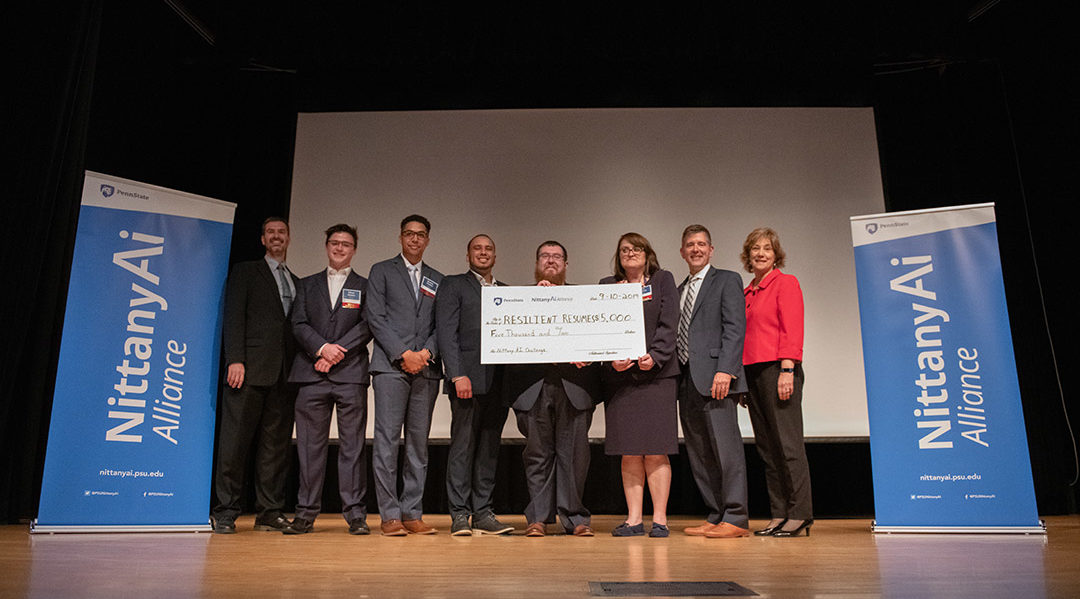
In the last eight months, Dr. Yuan Xue and I have had the privilege of advising the Resilient Resumes team, one of the teams selected to present their MVP in the Nittany AI Challenge 2019. Competing in the Nittany AI Challenge has been truly transformative for the members of the Resilient Resumes team and advising them throughout this journey reminded me one more time that we need to do more outside of the classroom to educate innovators of the future.
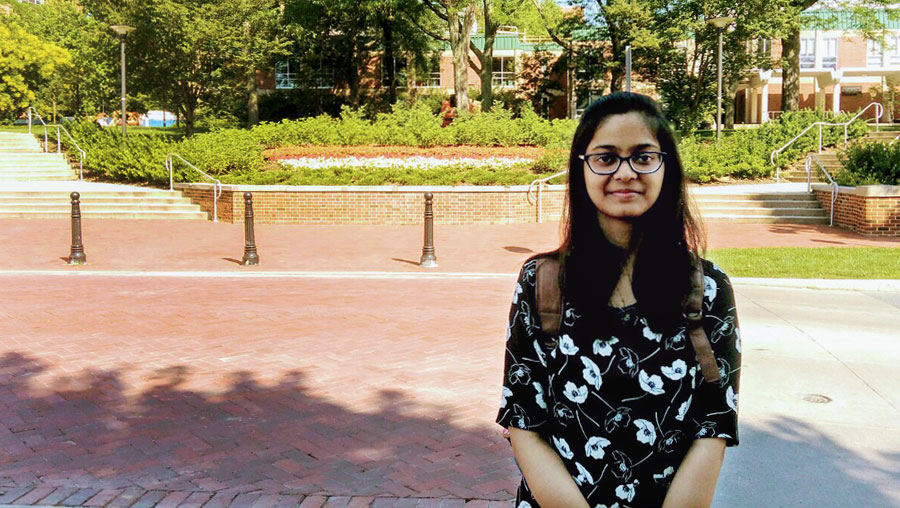
DeepSign aims to bridge the gap between the hearing and the hearing impaired by using artificial intelligence to create an effective translation and communication tool.
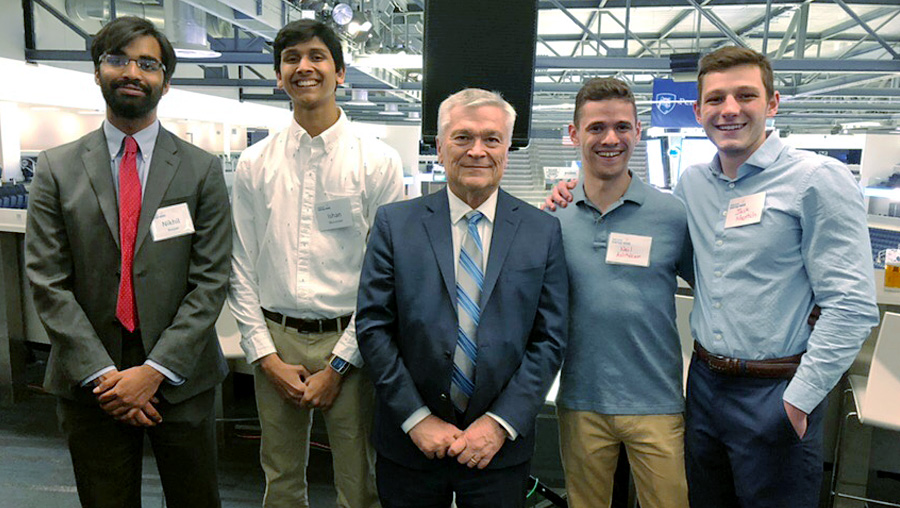
As part of the Nittany AI Challenge, my team is building LionPad, a comprehensive housing tool for Penn State students. Our tool helps students find off-campus housing by providing personalized recommendations powered by machine learning. We’ve made it through the first two stages of the Challenge and are currently competing for $25,000 in the final round!
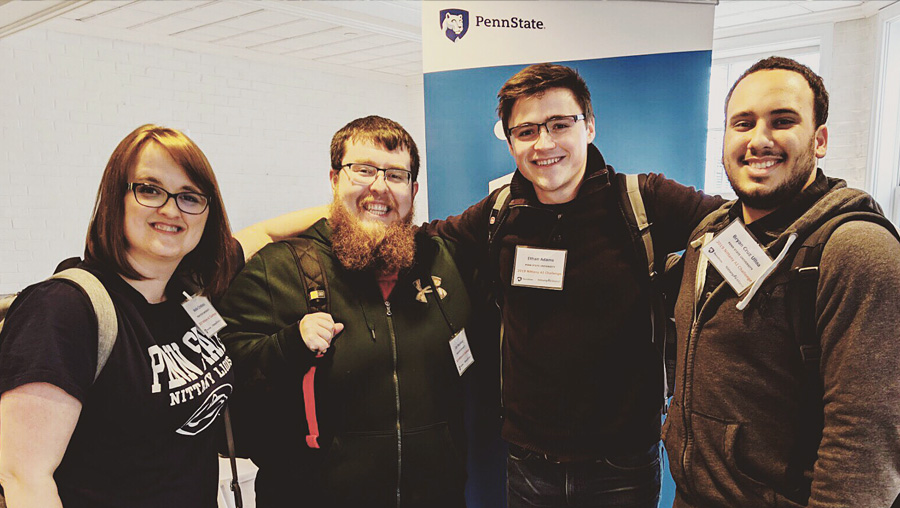
My entire 2019 had a common thread woven through it: the Nittany AI Challenge. Participating in this Challenge with my team, Resilient Resumes, has brought so many highlights to my year — proposal submission, prototype selection, creating the prototype video, and laughing endlessly with my team on conference calls. But how did I, a nontraditional Penn State Berks junior, become a member of a top ten team in the Nittany AI Challenge?
Matthew and I participated in the Nittany AI Challenge twice, and while the decision to enter the first time around with LionPlanner was easy — a friend brought it up as a possibility and our team had a “why not?” mindset — the decision to enter the Challenge the second time with Revu was a different story. We knew that it would demand a tremendous amount of time and effort, not to mention our team was a third of the size. But what we also knew from our experience was that the Nittany AI Challenge is invaluable.

As part of the Nittany AI Challenge, I was able to bridge my classroom knowledge into a real-world setting, which ultimately helped me define my next step after graduation. It gave me the chance to take what I’d learned and put it to the test by creating solutions for real-world problems.
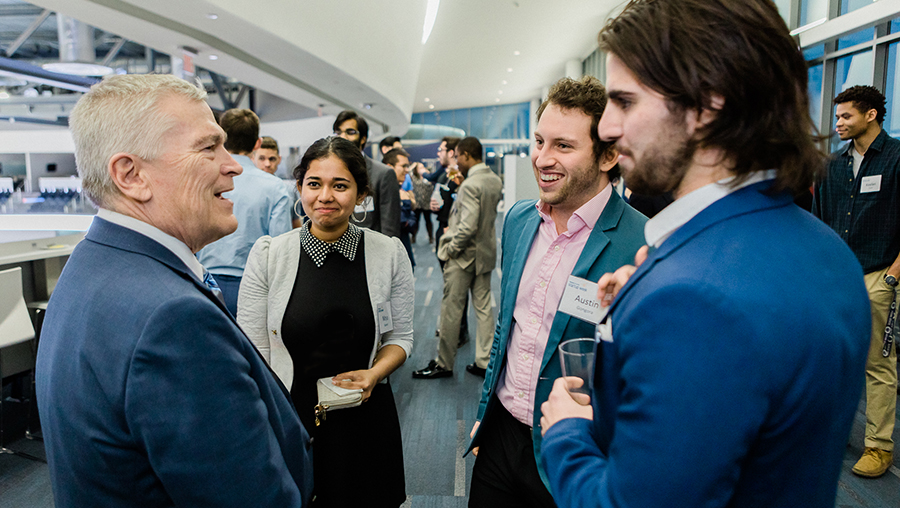
Ten student teams at Penn State will each receive $1,500 from the Nittany AI Alliance to move on to Phase Three of the Nittany AI Challenge. This prize is in addition to the $500 they won during Phase One.
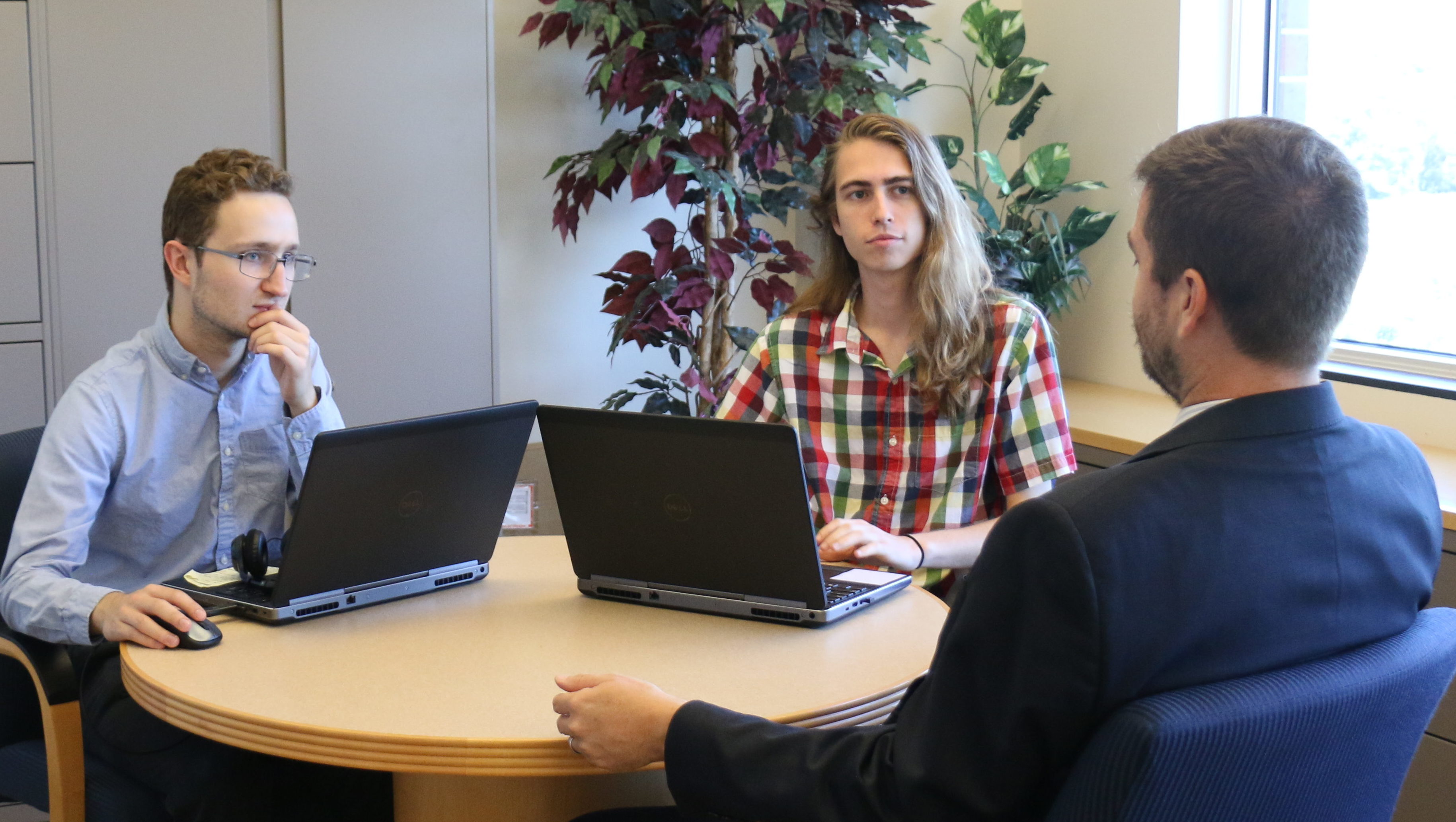
Penn State student teams submitted more than 63 proposals during the Idea Phase of the 2019 Nittany AI Challenge. Twenty of those teams have been selected by a panel of judges to receive $500 from the Nittany AI Alliance to move their idea forward and develop a prototype.
